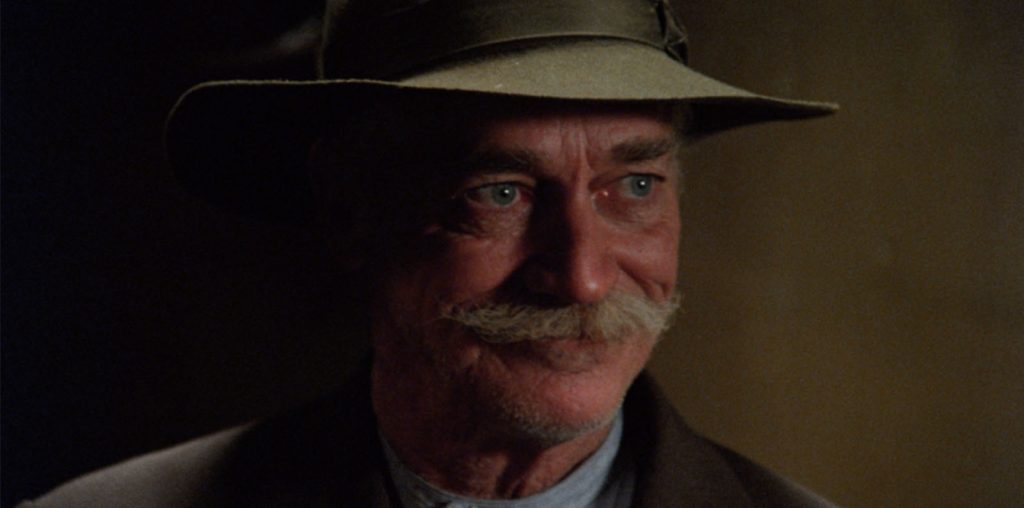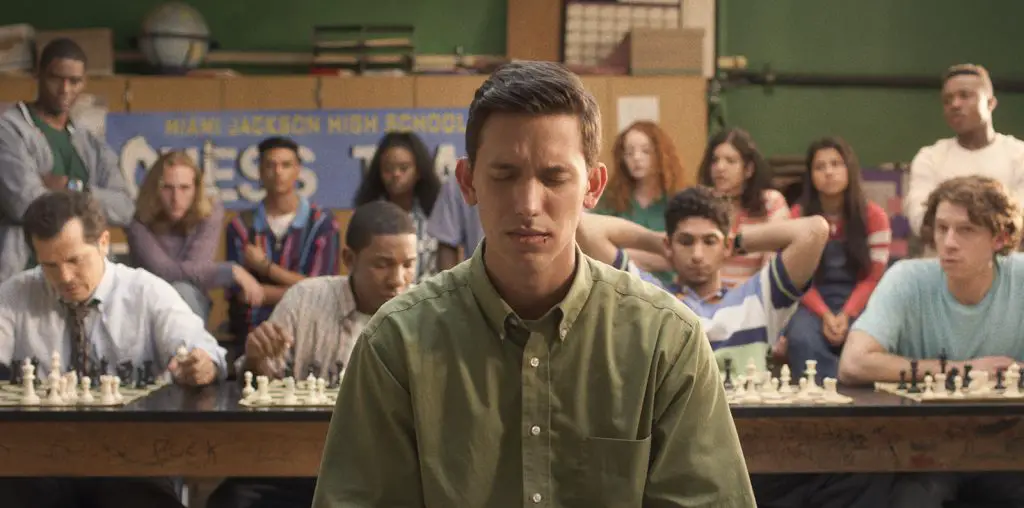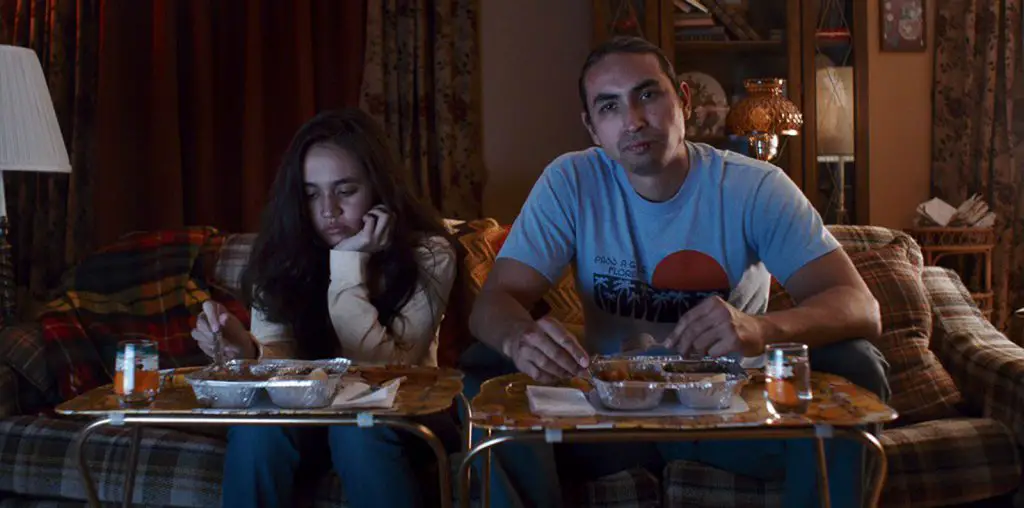
When it comes to the long history of America’s racial conflict, film is there to honor the unknown and unsung heroes of the past. In Arthur Egeli’s The Black Emperor of Broadway, Egeli and writer Ian Bowater take a sensitive subject and place it in context to honor Charles Gilpin, one of the first black stars of Broadway.
In 1920, Charles Gilpin (Shaun Parkes) was an actor traveling up and down the East Coast in the Atlanta minstrel show. He and his partner would perform for small crowds in blackface…and you know where this story is going. With bigger dreams and daily humiliation, Gilpin decides his only option is to break into legitimate theater and, ultimately, Broadway.
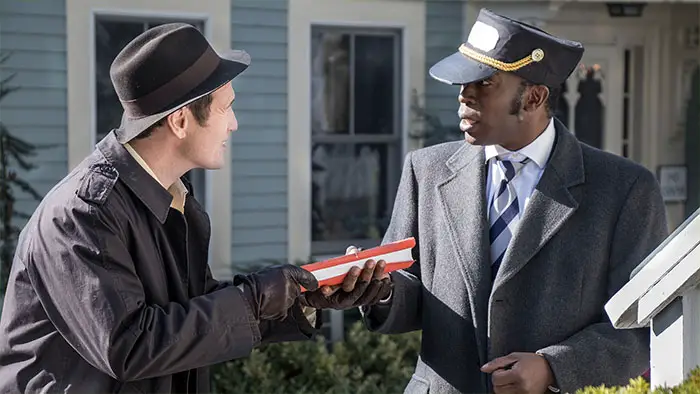
“…cast as the lead in the play, where he is on stage for the entire show—a first for any black actor of that time.”
Opportunity arises when acclaimed Pulitzer Prize-award winner Eugene O’Neill (John Hensley) completes his groundbreaking play, Emperor Jones. Seizing the opportunity, Gilpin accepts the lead in the play, where he is on stage for the entire show—a first for any black actor of that time. But Gilpin struggles with his character’s casual use of the n-word and the stereotypical portrayal of Southern Black dialect. This performance put Gilpin into the public spotlight, though, and he receives high honors from the public and the theater community.
Gilpin and O’Neill butt heads throughout the production as Gilpin changes O’Neill’s words (primarily the n-word) for his own conscience-sake during the show’s run in Providence. The conflict comes to a head when Emperor Jones moves to Broadway.
I’m ambivalent about The Black Emperor of Broadway, because there’s a lot of good and not-so-good with the production. My biggest issue is the overall tone of the film. It comes off like a BBC television production from the 70s and 80s. It feels like it was shot on high-quality video (versus film), and because it was shot in authentic-looking locations, the sets are very “clean,” I assume to leave a tiny footprint after filming was completed. I hate to use the word, but it doesn’t feel “cinematic.”
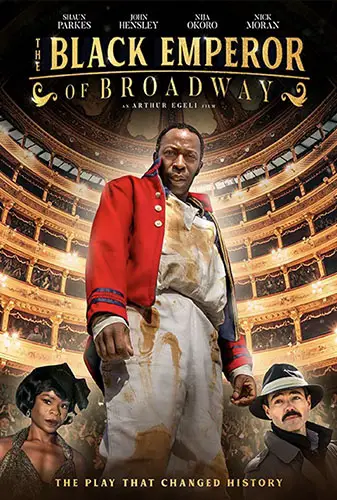
"…a writer’s words versus the dignity of the actor saying those words."
